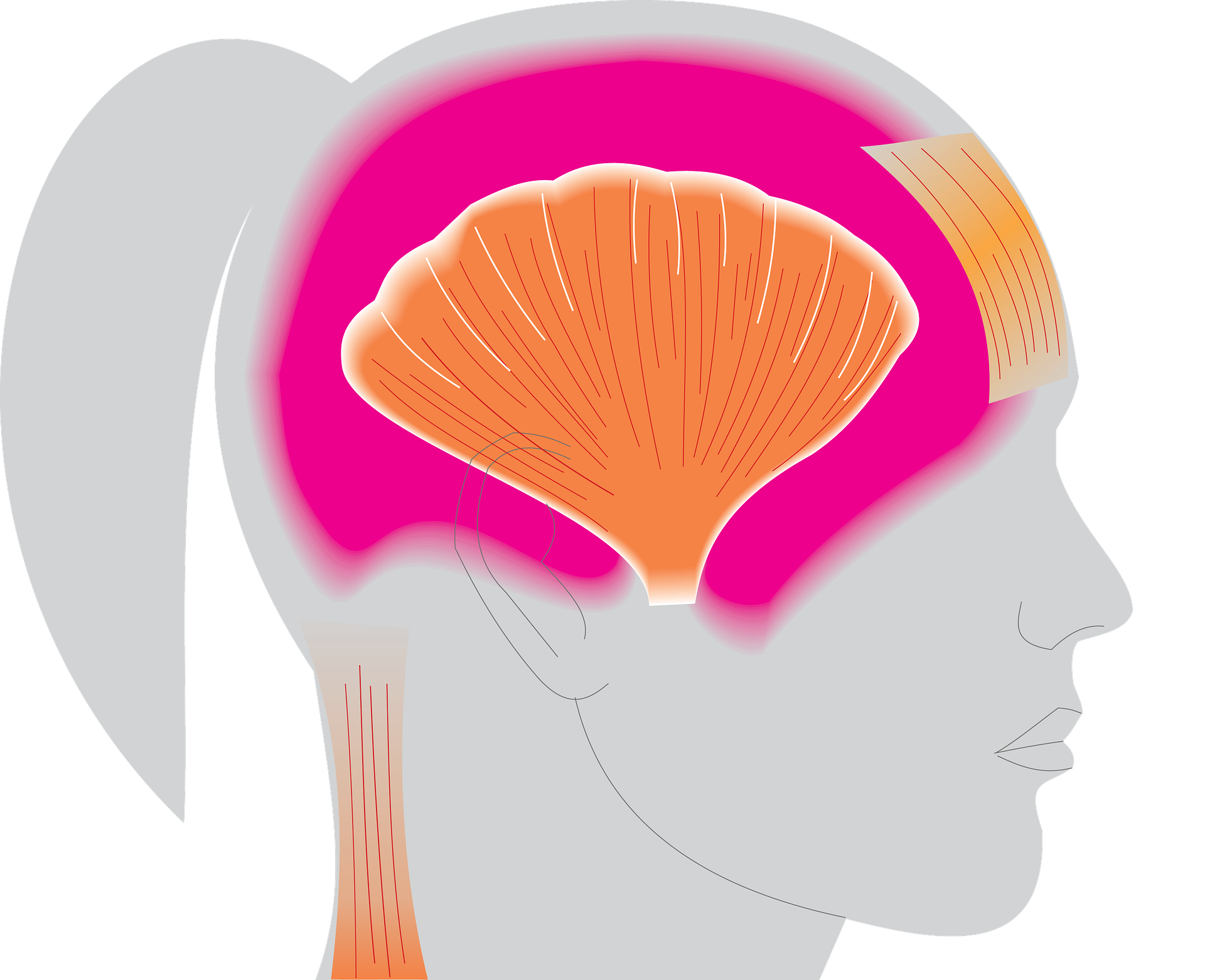Everybody experiences loss and deprivation at some point in life. Whether it’s the loss of a job that has been a source of pride, the unexpected ending of a relationship, the loss of a loved one, or diagnosis of a chronic illness, you inevitably feel a sense of deprivation and overwhelm. You may feel deprived of time, money, opportunities, or companionship. Life can no longer be as it was before. This can create a sense of panic and helplessness. Previous coping skills no longer work and it’s as if the ground has become shaky underneath your feet. What can the research tell us about the deprivation mindset and how to cope with it?
How Deprivation Affects Our Choices
Whether the deprivation is physical, monetary, or emotional, effects on the mind are similar. When the things you need to fulfill basic or deep-seated needs are scarce, it is difficult to be your best self. Your mind may be distracted or constantly buzzing with new ideas and plans. It becomes difficult to focus on one thing at a time or complete a task before moving onto the next. You may become too risk-averse and guided by short-term thinking, without seeing the big picture. You may be plagued by negativity or wishful thinking, rather than being able to have a realistic view of your situation. Research with poor Indian farmers and mall shoppers shows the effects of a “scarcity mindset” that leads to tunnel vision. Operating out of fear, you seek immediate ways to remove discomfort. This leads to unhealthy choices, such as emotional eating, stress drinking, retail therapy, or zoning out and watching too much television.
Deprivation and Willpower
Feeling deprived and “less than” erodes our willpower because it’s uncomfortable to feel like a victim. You want to distract yourself and not deal with the problem situation and uncomfortable feelings it evokes. Or you may overcompensate by indulging in food, alcohol, shopping, or sex. When you feel in a state of plenty or abundance, on the other hand you don’t feel that sense of urgency and can take time to find out information, try out things, and make more informed choices, rather than rushing into big changes or feeling frozen and unable to make a move.
What You Can Do To Help Yourself:
Below are some strategies you can use to ground yourself when you experience a scarcity mindset:
1. Practice Gratitude – Remind yourself of the good things in your life, such as your family, friends, pets, nature, food, or exercise. Take time to enjoy these things so you can go back to the problems with a broader, more rested perspective.
2. Breathe – Try breathing slowly, with an even rhythm. Try to breathe into your belly, rather than your chest. Let the length of the inhale match the exhale and pause between in and out-breaths. Breathing activates the parasympathetic nervous system, which calms down your “fight, flight, or freeze” response.
3. Seek Support – Don’t try to handle everything on your own. Identify friends who can provide emotional support, practical advice, or with whom you can barter services to save time or money. Just talking to a loved one and feeling understood can help you calm down physiologically.
4. Learn Stress Tolerance – Difficult times are part of life. Remember that life is a journey, not a destination and that things could change for the better soon. Put in your best effort, but then work on letting go and learning to feel good about what you have done, even if results are slow. Remember that many outcomes are out of your control.
5. Don’t Dwell on Self-Blame – People who have been traumatized or had narcissistic parents often take too much responsibility when things go wrong. Take a step back and use your logical mind, not your emotions to see your own role. Realize that your thoughts may not be the truth, but rather automatic responses conditioned by past experience.



Thanks so much for this article! It couldn’t have come at a better time!
Excellent article! Thank you.
Recently I have been nudged inwardly about wanting better self care. I tend to have scarcity thinking on several levels. I am aware that my inner reserves have gotten compromised & I need to get them back up. Your article was very helpful.
Very practical and professional advice! Thanks. Too bad these practices don’t come to me naturally. It takes work to keep it up like searching the web and finding this AMAZING reminder. Keep helping people
I’m so glad the article was helpful. Change takes time so keep practicing the new habits and they will start to feel more natural.
Excellent article; however I do not have the ability to practice the suggestions as I am too stressed to stay focused long enough to complete one round of any suggested activity.
Thanks for your comment. It’s best to practice the exercises on a regular basis when you’re calm or only a little bit stressed. Then they’ll be more powerful when stress is higher.